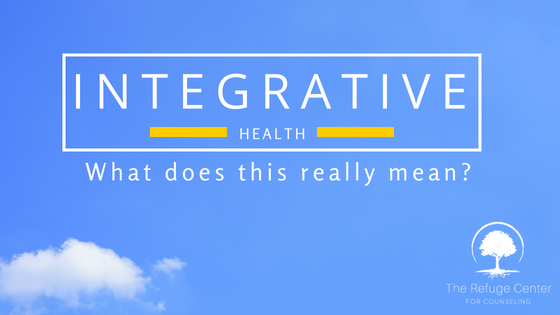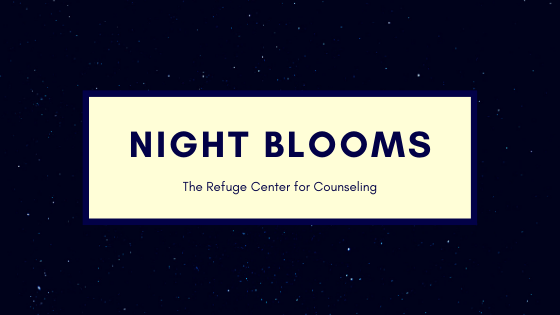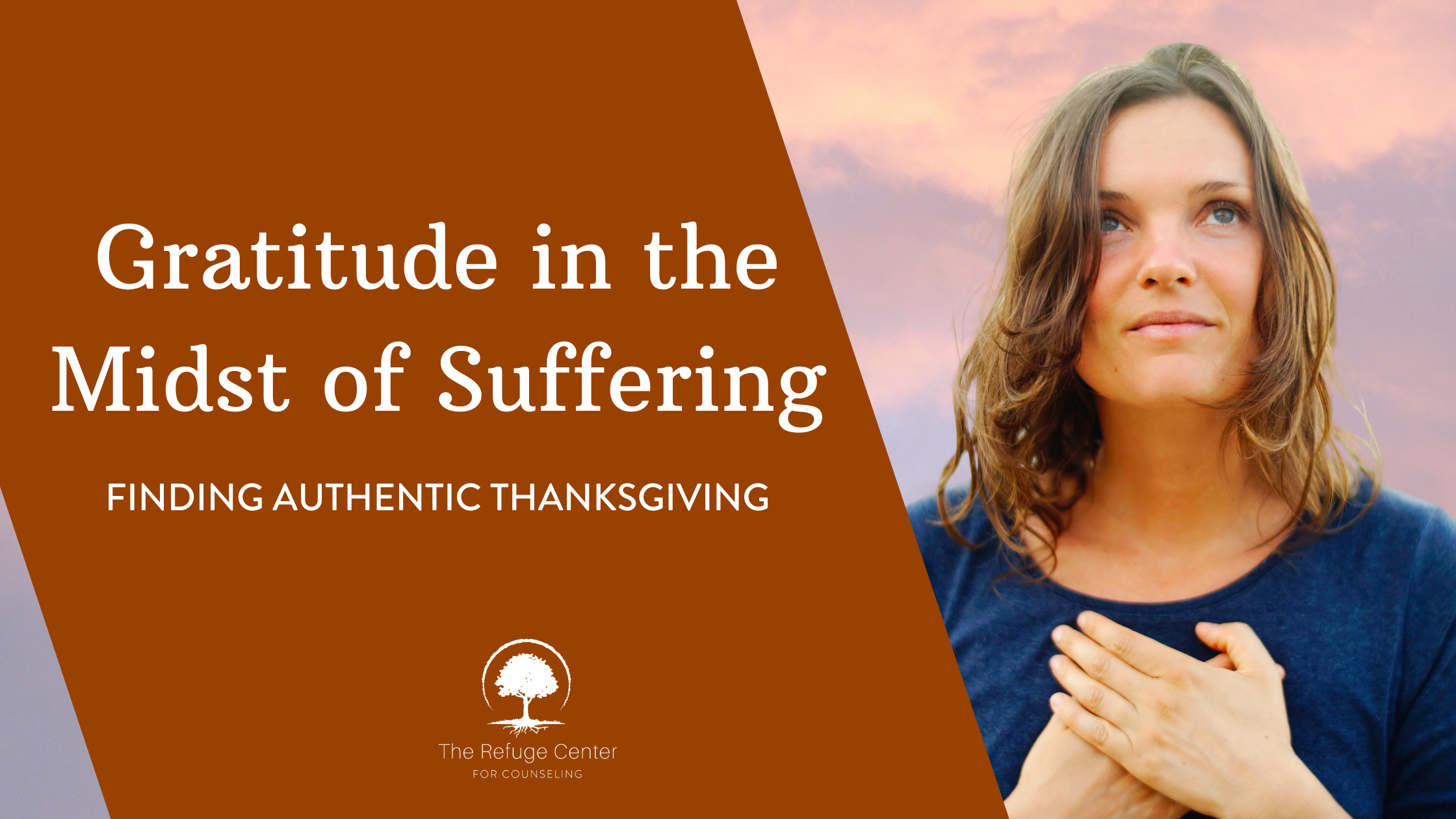Raise your hand if you are exhausted. 🖐️
If your hand is raised – you are not alone. According to a recent study conducted by OnePoll, “3 out of 5 U.S. adults say they feel more tired now than ever before” (Family Safety and Health, 2022). Shockingly, more than half of those surveyed reported that no amount of sleep helped them feel more rested. I often hear clients express this same sentiment – they still feel unfocused and tired throughout the day even after sleeping 8 hours or more. At the same time, despite the exhaustion they feel throughout the day, they struggle falling asleep. Furthermore, no matter how many days they take off, they still feel unmotivated at work and on the verge of burnout. Can you relate?
If you do, this may be a sign that you are in desperate need of another type of rest. I know what you are thinking – there are multiple types of rest? It is shocking, but there are seven categories of rest outlined by Dr. Saundra Dalton-Smith, M.D. (2019) in her book, Sacred Rest. Understanding and implementing these forms of rest into our routine is necessary for living a balanced, refreshed life.
Physical Rest
Involves taking a break to restore our body from the physical activities that we do all day. This can take the form of getting at least 7 hours of sleep, practicing yoga, or even just drinking a glass of water. Think about what helps you recover from the specific physical demands of your day. For instance, sometimes stretching or going for a nice walk can be just as restorative as taking a nap.
Mental Rest
Involves taking a break from the constant mental stimulation that we face each day. Throughout your day, your brain is constantly processing the world around you; monitoring the external environment for signs of danger; making decisions; and managing your body. That is a big task! Therefore, you may find that it is oftentimes difficult to “turn it off” when you are trying to fall asleep or unplug from the day. Examples of incorporating mental rest can include taking a short break during your workday; practicing meditation or mindfulness; or turning off technology 30 minutes before bedtime. Also, it may be helpful to write down the ongoing list of to-do items that keep popping into their mind. (Example: pick up the dry cleaning, get a baby shower gift, restock the coffee, write that work email) Writing down your swirling thoughts helps your brain momentarily process the stressful stimuli, which allows it to rest. Furthermore, it can be helpful to incorporate components of rest into your nightly routine, signaling to your brain that it is time to wind down.
Sensory Rest
Involves taking a break from the constant sensory stimulation that we face each day. Because it has become an ingrained part of your daily routine or job, you may not notice, but your senses may be strained by the constant noises, smells, lights, screens, conversations, etc. that you encounter each day. Therefore, you may need to limit your screen time, turn off the lights, embrace the quiet, take a bath, or drive in silence to give yourself sensory rest.
Creative Rest
Involves taking a break to surround ourselves with inspiration, allowing our minds to explore new ideas. When we are facing an ongoing, unsolvable problem at work or experiencing burnout, we may need a perspective shift. Visiting a new place, spending time outside, reading a new book, doodling, or starting a new hobby allows us to find creative rest. Engaging with the beauty of the world can cause one to become inspired once again, which leads to increased creativity, problem-solving, and new ideas.
Social Rest
Involves taking a break to recharge our social battery. Where are my introverts? They know this one all too well. However, both introverts and extraverts need time to connect with oneself to recharge. This can be done by scheduling rest days and saying no to tiring plans when you need a break. If you want to have fun with this one, you can take yourself on a “solo date” to do something that you have been looking forward to, such as trying a new restaurant, getting your favorite dessert, or seeing a new movie (with popcorn)!
Spiritual Rest
Involves taking a break to connect with something greater than ourselves to find meaning in our lives. So often, we can find ourselves running on the hamster wheel of life without pausing to explore the bigger picture and purposes around us. Therefore, volunteering at a local nonprofit, spending time with loved ones, being in nature, and participating in spiritual practices/activities that align with one’s belief system prompts the spiritual rest they may be craving.
Emotional Rest
Involves taking a break from the emotional demands that we face each day and giving ourselves time to authentically process our feelings. Journaling, talking to a trusted friend, or taking a break from saying ‘yes’ to extra things or emotionally draining situations are examples of how to incorporate emotional rest into our routines. Furthermore, connecting with a counselor to seek support in learning how to authentically connect and process your emotions is an example of emotional rest that can lead to increased inner peace and improved relationships with others.
In our fast-paced world, how can you slow down to rest today? Does one of these components of rest stand out to you? Maybe you are good at incorporating it into your routine, which is awesome! Keep doing a lot of that. On the other hand, maybe you need more of one or more of these? If this is the case, what is one thing you can do in the coming week to increase your rest within those categories?
Be intentional and schedule that into your week. Have someone hold you accountable and check-in on how it went. As with anything, start small and experiment with what works best for you. You may not find what brings you rest on the first try, and that is okay! We are unique human beings with personalized needs. Therefore, what works for someone you know, may not work for you! Keep showing up for yourself and adjust your approach as needed.
If you don’t know where to start, you can take the free rest quiz offered by Dr. Saundra Dalton-Smith, M.D. (2019). This quiz allows you to figure out which categories of rest you need to target the most to live your best, most balanced life. This can be found here.
If this is something that you would like to further explore, we would love to walk alongside you. The Refuge Center exists to offer excellent, accessible, and affordable mental and emotional healthcare services in support of a transformational impact on communities. You can schedule an intake appointment by calling 615-591-5262 or by emailing [email protected]. Our trained staff will connect you with one of our counselors who will meet your personalized needs. To learn more about what Refuge offers, visit refugecenter.org/services. If you would like to support our mission and vision, including more resources like these, please visit refugecenter.org
References
Calm (2023). Here are seven types of rest that can help you to feel fully renewed. Retrieved from https://www.calm.com/blog/7-types-of-rest
Dalton-Smith, S (2019). Sacred rest: Recover your life, renew your energy, restore your sanity. FaithWords.
Family Safety and Health (2022). Exhausted nation: Americans more tired than ever, survey finds. Retrieved from https://www.safetyandhealthmagazine.com/articles/22112-exhausted-nation-americans-more-tired-than-ever-survey-finds




